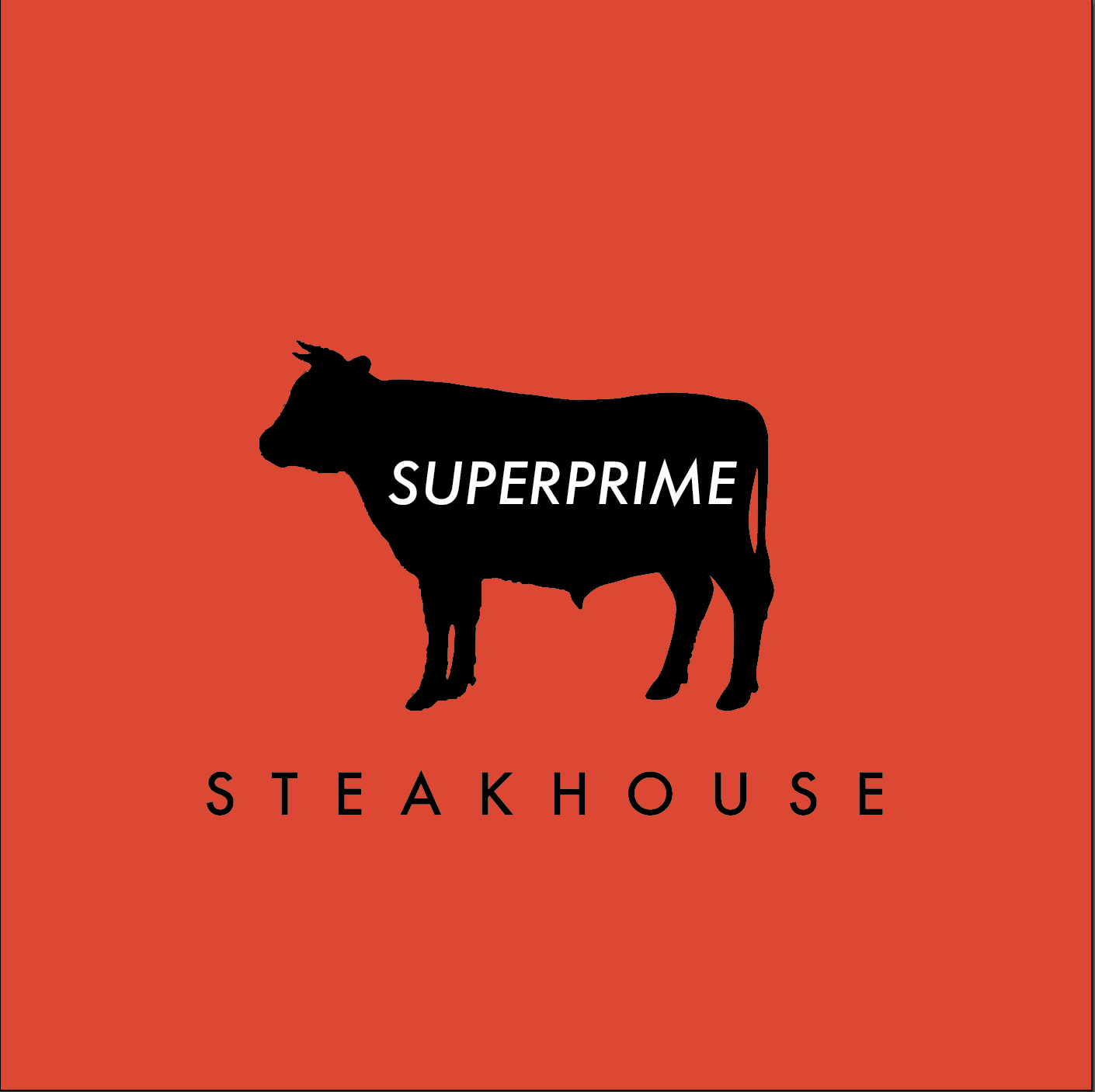-
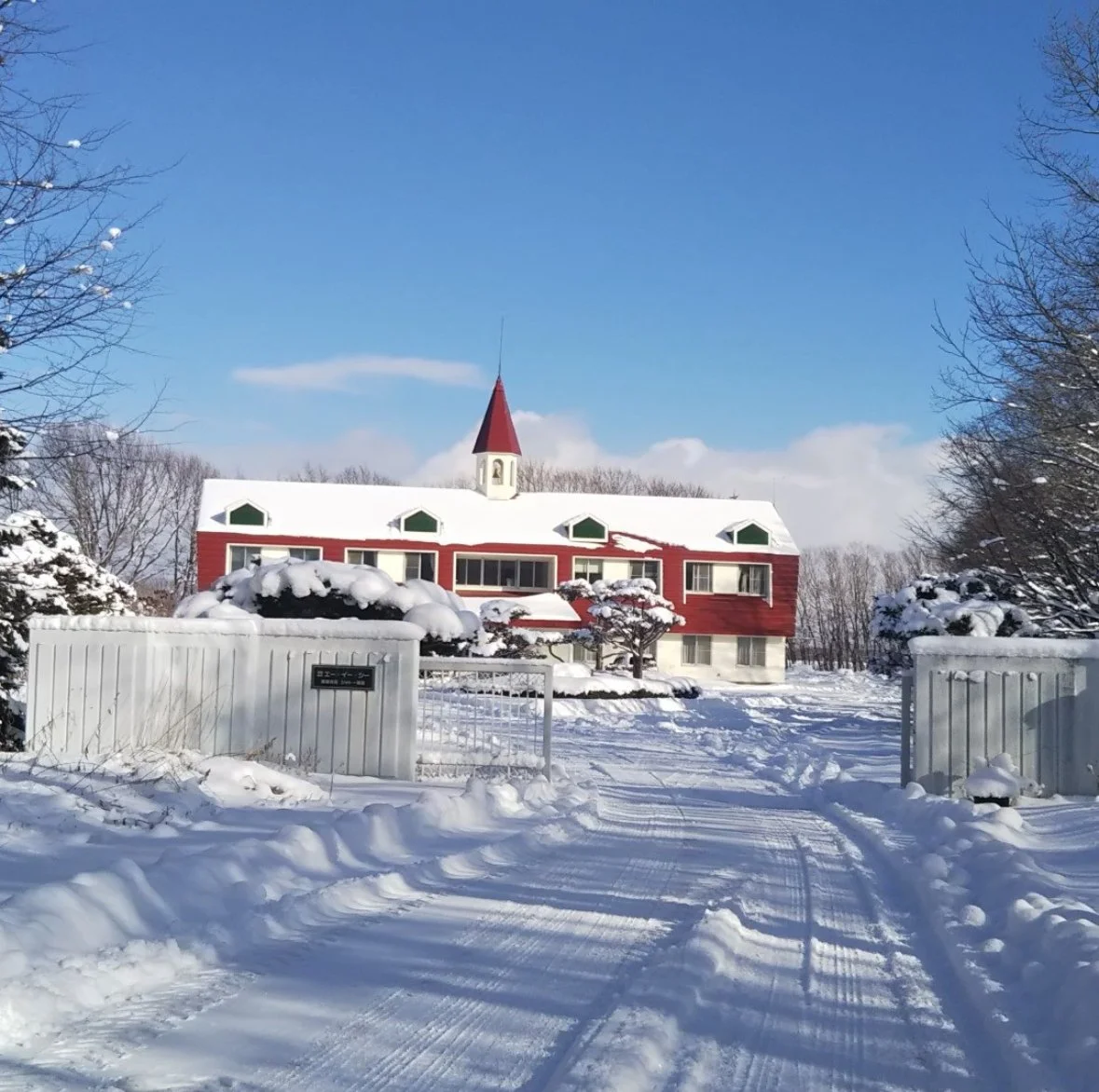
Chateau Uenae
From Owner Dr. Asanuma: Chateau Uenae Farm started out as a research farm run by Japan’s leading dairy and livestock product manufacturer. Committed to producing some of the best Japanese beef in the world, the farm’s staff toiled tirelessly for years to introduce better breeds of cattle, and the beef they produced came to be prized in Japan. Despite having developed this popular beef, the manufacture decided in 2002 to close the research farm. I was truly shocked to learn about the closure and considered every possible avenue to pass down this premium beef to future generations, ultimately deciding to take over the farm myself. The scale of the farm, however, proved to be far too big. I was only able to hire a small number of the farm’s original staff, primarily leaders who had been engaged in research and breeding. I also had to reduce the number of cattle harvested each month to approximately one-tenth of that at its peak.
We have harvested only a small number of cattle each month chiefly for private consumption purposes. This means only a limited amount of beef is available for export. Our “wagyu meister” who serves as our farm’s beef specialist, ensures that we only export beef we can deliver with confidence, and seven years have now passed since we started exporting our Hokkaido Snow Beef.
-
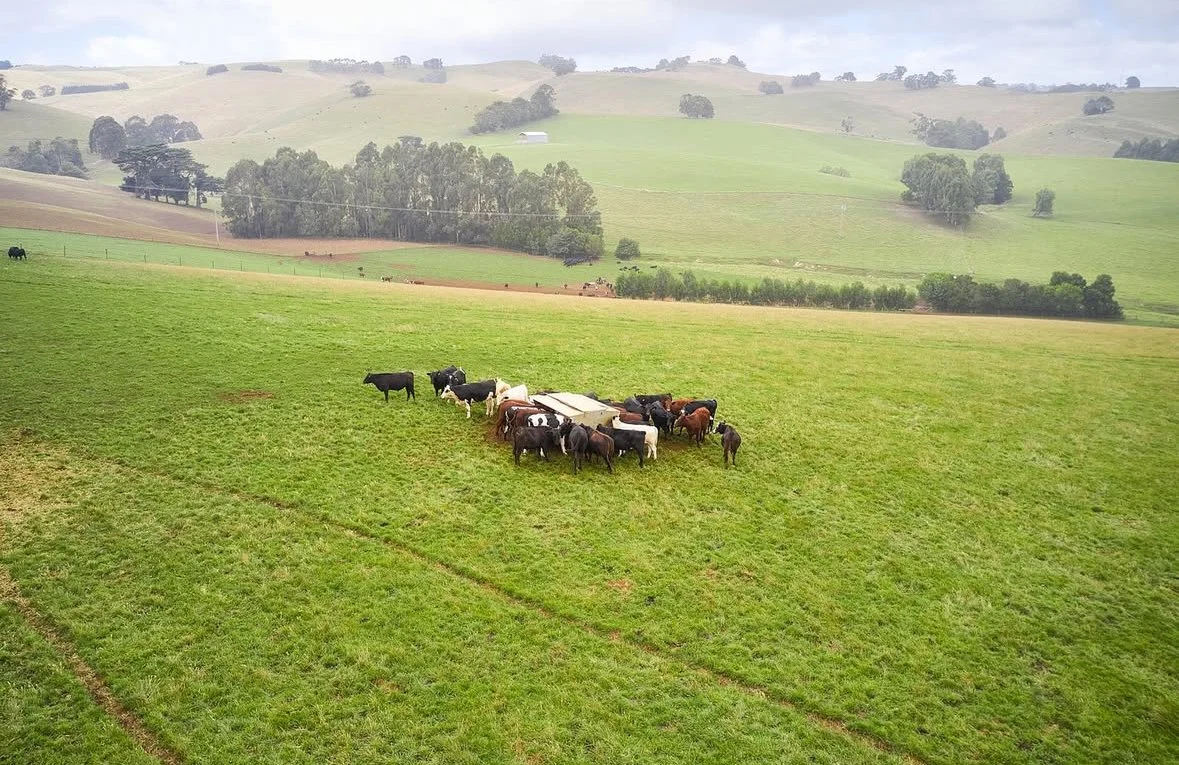
Wanderer Free Range
Wanderer’s feeding regime of barley in combination with a free-range pasture environment strikes the perfect balance to deliver a modern farming system designed with high animal welfare in mind to create a new standard in consistency and produce year-round quality beef. Renowned for delivering a rich, juicy eating experience, barley feeding brings superior marbling and tenderness to discerning food lovers around the world. All of this achieved without the use of intensive feedlots. Our cattle roam free in paddocks and also have access to barley through an innovative, mobile feeding system. This approach provides a relaxed environment with the highest animal welfare standards in mind.
-

Brandt Beef
ONE FAMILY, ONE RANCH, ONE BREED
We are a family-owned and operated ranch in Southern California, and have been since 1945.
And today, our family continues to raise, feed and focus on one single breed—the Holstein. We never outsource or contract farmers beyond our property lines, and it’s this unparalleled commitment and consistency in care, diet and location means we can provide you with the same quality products—meal after meal and year after year. When it comes to our animals, we constantly monitor their welfare and feed quality, as well as promote the consumption of all cuts of meat to reduce waste. And when it comes to our land, we grow our own alfalfa, Bermuda, and Sudan grasses, rotate our crops, and use natural pest control methods. The compost produced from our operations is utilized by local businesses in our community. It’s these daily acts of responsibility that ensure both our animals and our environment will be as healthy as possible for our generation—and for generations to come.
-

Flannery Beef
Located in The San Francisco Bay Area, Flannery Beef, a renowned name in the beef industry, boasts a rich history steeped in tradition and quality. Starting with Bryan Flannery Sr, the company's story begins with a passion for exceptional meat that has been passed down through generations. With a focus on sourcing the highest quality beef from within the United States, Flannery Beef has garnered a reputation for excellence among chefs and consumers alike.
-

Iowa Premium
PREMIUM FAMILY-FARM-RAISED, CORN-FED BLACK ANGUS BEEF Located in Tama, Iowa, in the heart of corn and cattle country, Iowa Premium procures and processes only corn-fed, Black Angus cattle hand-selected from family farms in Iowa and neighboring states.
-
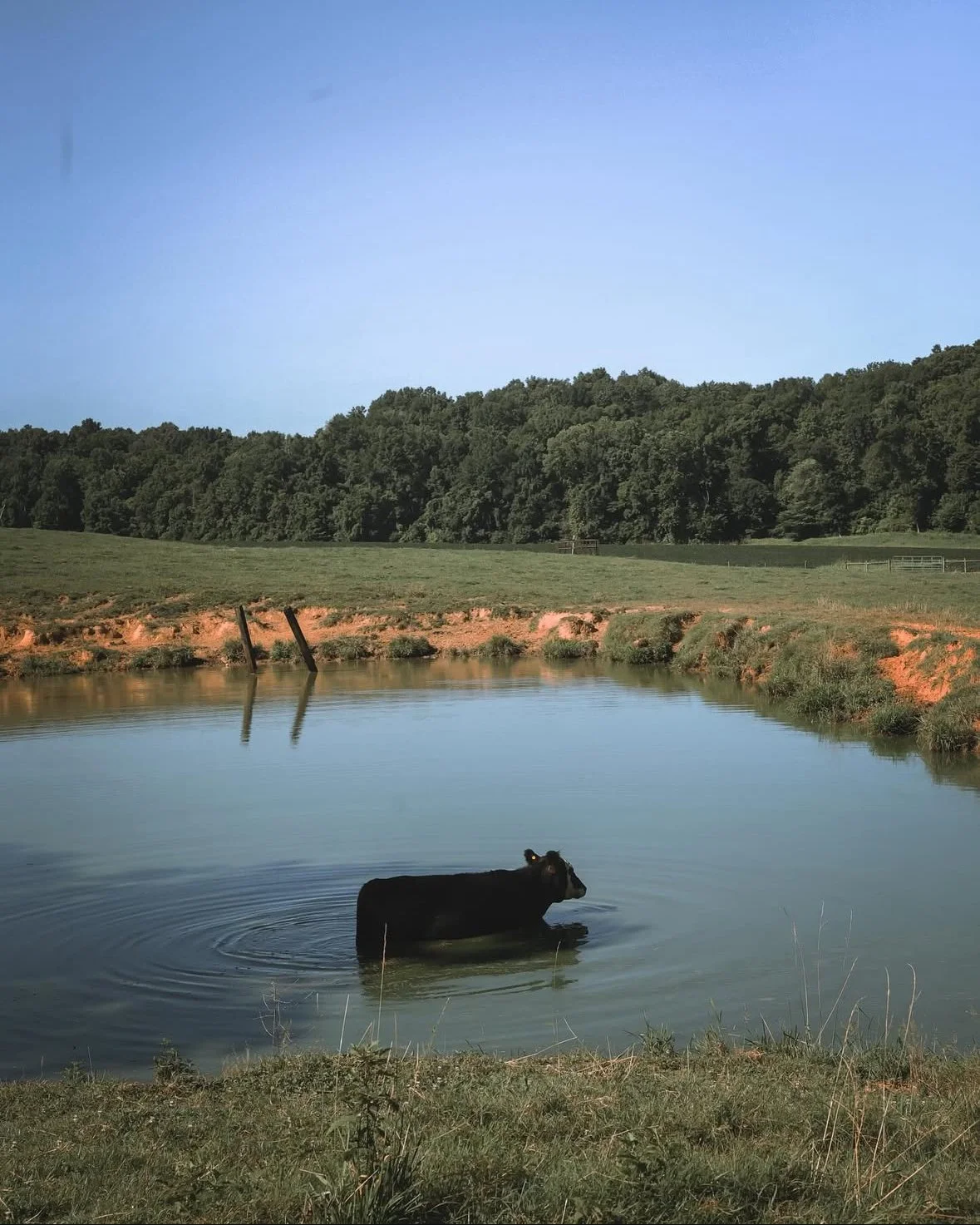
Black Hawk Farms
Raised slowly for optimal flavor and marbling, our cattle are raised on our Kentucky farm. Every step in our process has been fine tuned to impart the perfect balance of flavor and marbling.
It just so happens that a superior life for our cattle means better flavor for our consumer.
Unlike other producers, we own our farm and cattle and control every step. This allows us to consistently deliver a superior tasting experience.
Sustainability is at the heart of our business, and we do everything we can to support an eco-friendly operation while eliminating our carbon footprint.
“THIS IS THE BEEF WE FEED OUR FAMILY. NO HORMONES, NO ANTIBIOTICS, JUST PURE WHOLESOMENESS.”
- BRANDON OLIVER, FOUNDER
-

Sher Farm
It was in the late 1980’s that Nick Sher first read about Wagyu cattle and their highly marbled beef. Though raised in Melbourne, Nick always dreamed of being a cattle farmer. After studying Agriculture Science at the University of Melbourne and working in agronomy and agribusiness for a few years, Nick became aware of the first Wagyu genetics being imported into Australia via the USA. In 1991 Nick and Vicki purchased some of these Wagyu embryos and calved the first purebred Wagyu embryo calves born in Australia on February 11, 1992.
Establishing the Sher Wagyu brand has taken decades of commitment, passion and focus and has taken Nick & Vicki around the world, meeting distributors & chefs, participating in trade shows and educating customers and consumers. They now export to over 14 countries, working directly with selected distributors, and have a very loyal customer base in Australia, supplying directly to Melbourne & Regional Victorian restaurants and butcher shops .
-

Hata Farm
BRED, BORN & RAISED PURE OLIVE WAGYU IN A VERY SMALL BOUTIQUE FARM.
Cattle farming has a long history in Kagawa, stretching back to the year 700. In 1882, Shodoshima became the first place in Japan to start fattening beef in the early 1900s.
Kagawa has the smallest area of all 47 prefectures in Japan. It belongs to the Seto Inland Sea climate characterized by many sunny days and little rainfall. Thanks to such climatic characteristics, the prefecture is Japan’s largest olive producing area. The collaboration between the local specialty and livestock industry has led to the success of developing Japan’s first feed made from olives, and the birth of Olive Beef.
At Hata Farm in Manno Town, Kagawa, young Wagyu Meister Masayoshi Hata and his mother take care of 140 heads of Olive Beef cattle all by themselves.
“It is very hard to constantly look after so many heads of cattle by ourselves, but we cannot quit as this enables us to understand the characteristics of individual heads of cattle,” says Meister Hata. Breeding and fattening of Olive Beef cattle in an integrated manner is very rare, and this makes Olive Beef Craft Wagyu different from any other.
There are many sightseeing spots making the most of nature near the farm, including Japan’s largest reservoir Manno-ike and Sanuki Manno Park, providing a comfortable environment for raising people and cattle.
-

Tanifuji Farm
THE LEGENDARY YASUHIRA BULL LEADS MIYAZAKI CRAFT WAGYU TO FUTURE GENERATIONS.
Kyushu is the most southwestern of the four major Japanese islands, and consists of more than 2,000 islands. Miyazaki prefecture is known in Japan for its long hours of sunshine, and with this warm climate, subtropical trees such as the hibiscus and palm trees stay green throughout the year.
It is also known for the abundant waters brought forth by the Kuroshio current and the mountain’s good fortune, as well as for being a region that breathes both history and nature. Tanifuji Farm is located in Kushima City that is located in the southernmost part of Miyazaki prefecture in the southeast of Kyushu, with a beautiful coastline stretching 77 km long.
-
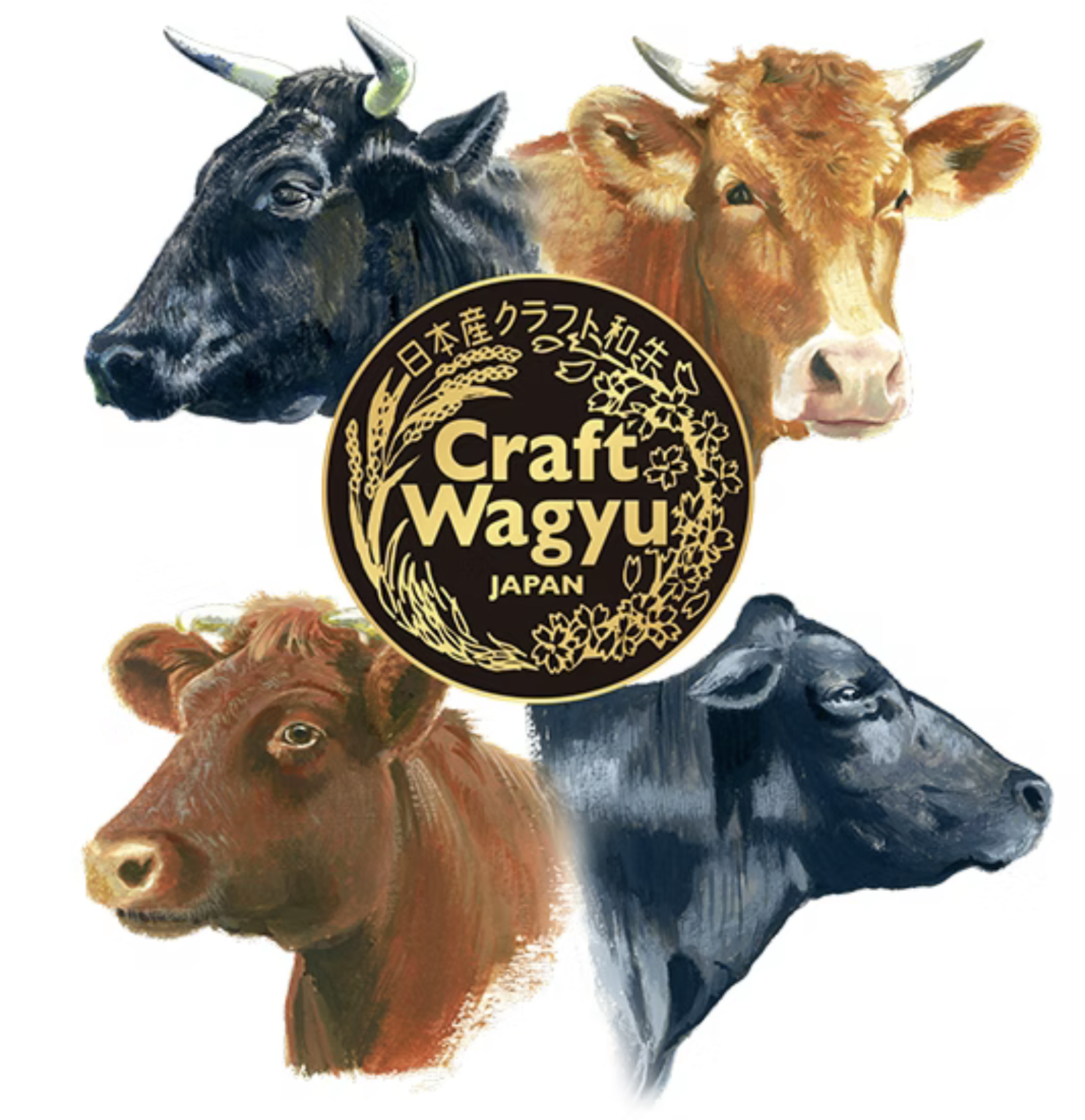
Craft Wagyu
Craft Wagyu farms have complete control of the genetics from birth to harvest.
Each farm owns unique elite mother Wagyu cow to create the perfect meat. Craft Wagyu farms not only seek productivity but also treat animals ethically with respect for life and from the viewpoint of animal protection. They always put themselves in the position of cattle and engage in feeding management to keep cattle comfortable. They aim to produce Wagyu that can be supported by many customers through fattening practices that take into consideration the awareness of consumers in relation to animal protection. Craft Wagyu farms are managed by family members and Wagyu have established innovative feed utilization as well as unique feeding methods to suit individual heads of cattle and the feeding environment.
